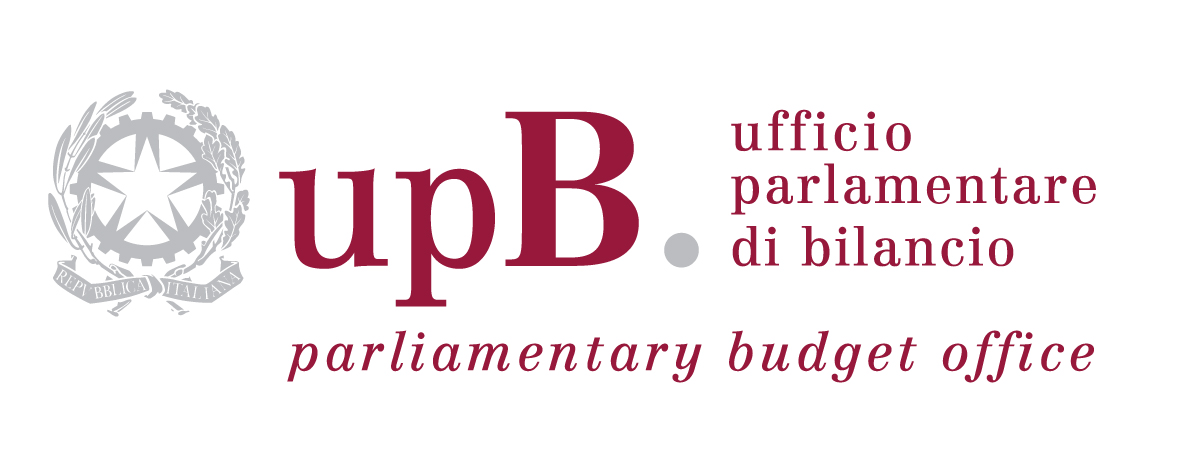Alberto Zanardi, member of the Board of the Parliamentary Budget Office (PBO), testified today at the hearing (in Italian) of the joint Committee for Fiscal Federalism, which is conducting a fact-finding examination on the agreements between the Government and the Regions of Veneto, Lombardy and Emilia-Romagna concerning differentiated regionalism as provided for by Article 116, third paragraph, of the Italian Constitution.
Zanardi focused his attention on the system for financing the new forms of autonomy and, more generally, the public finance issues involved in the application of the differentiated federalism. These issues were underscored in the document published on 15 February 2019 by the Department for Regional Affairs and Autonomous Territories, which is to date the only official document on the outcome of the negotiations underway with the three applicant Regions. Nevertheless, similar attention should be reserved for an analysis of the public functions whose transfer is being requested, in order to assess their consistency with the national interest and the impact on the functioning of the State and of the other regions.
The system of financing of additional functions envisaged in the draft agreements contains a number of contradictions that raise concerns about the possible risks for compliance with the national budget constraint and the guarantee of inter-regional solidarity. Accordingly, policy-makers, and Parliament first and foremost, must be informed and aware of the financial implications of the agreements and the scale of the resources involved. It seems inappropriate to postpone, as envisaged in the draft agreements, any assessment of the public finance effects to the decrees of the Prime Minister to be issued following the entry into force of the laws approving the agreements.
Pending the detailed definition of the specific functions to be transferred (the published draft agreements indicate that the Regions are requesting additional forms of autonomy for a very large number of general areas of responsibility: 23 for Veneto, 20 for Lombardy and 16 for Emilia-Romagna), Zanardi argues that there are three main issues that differentiated federalism poses for the public finances: the ways in which, even within a framework of differentiated federalism, we can safeguard the objectives of providing uniform benefits on a national basis and ensure healthy public finances; the criteria for quantifying the financial resources necessary to implement the new decentralised functions; and the choice of the fiscal instruments for transferring resources.
In providing for the financing of differentiated regionalism, the draft agreements never refer to the framework envisaged for ordinary regional federalism (Law 42/2009 on fiscal federalism and Legislative Decree 68/2011) albeit elements of the latter have still not been fully implemented. Even in this uncertain context, the financing of additional responsibilities should, in accordance with Article 116, third paragraph, be implemented in a manner that is as consistent and integrated as possible with the ordinary financing mechanisms for all ordinary statute regions (OSRs).
To highlight the problems of the system envisaged in the draft agreements, it is helpful to refer in general terms to two extreme solutions to regulating the dynamics of the mechanism for financing the additional responsibilities being devolved to the regions with differentiated autonomy (RDAs). One solution, which we can term the cooperative approach, provides for a periodic review of the amount of national resources allocated for the functions devolved to the RDAs by recalculating regional tax shares (or regional surtaxes). The alternative solution, which can be called autonomist, assumes that the rates regional tax shares are set at their initial level, leaving the RDAs with resources that over time are solely determined by developments in co-participated national revenue in their territories. The draft agreements contain elements associated with both solutions, thus underscoring the contradictions inherent in the system provided for by the draft agreements. To overcome these, Zanardi suggests that it could be helpful to revive the distinction between methods of financing the functions relating to essential performance levels (EBLs) and the other regional functions. For the former (beginning with the largest, namely education) the cooperative solution, and hence a mechanism for the national programming of financing similar to that now used for the national healthcare system, would seem to be the only approach capable of ensuring the neutrality of equalisation implicit in Article 116. Conversely, the resources to be allocated to the RDAs to finance non-EBL functions (although effectively of relatively limited scope) could be financed using the original tax shares rates. This would ensure consistency with the arrangements envisaged for symmetrical federalism, based on the dual track of funding approaches, with regional ELB functions on the one hand and other functions on the other.
The transition from the historical expenditure criterion to the standard requirements approach in determining the level of resources poses a number of complex technical problems that are not always easy to solve and should be addressed promptly. The distribution of resources among the regions based on the calculation of standard requirements, which is easier than that for municipalities, should not in any case deviate substantially from historical expenditure levels unless, in determining them for the additional functions, changes are made to the resource allocation criteria.
One final public finance issue, although not present in official documents but referred to in the discussion, regards the coordination of the intra-regional tax and public finance system, i.e. that between regions, provinces, metropolitan cities and municipalities in accordance with the so-called cascading federalism approach. This is an issue that, although not yet adequately specified, raises important questions that emerged previously at the time of the law on fiscal federalism (Law 42/2009). These regard, among other things, the contribution of local governments to the public finances sustainability, the establishment of funds financed by tax shares in favour of municipalities/provinces/metropolitan cities, and agreements with local governments in the field of investment. The effective reinforcement of regional responsibilities in the area of fiscal coordination should obviously be supported by local governments, as explicitly required by Article 116 of the Constitution.
